How to Choose the Right Hardware for your Dog - Part One
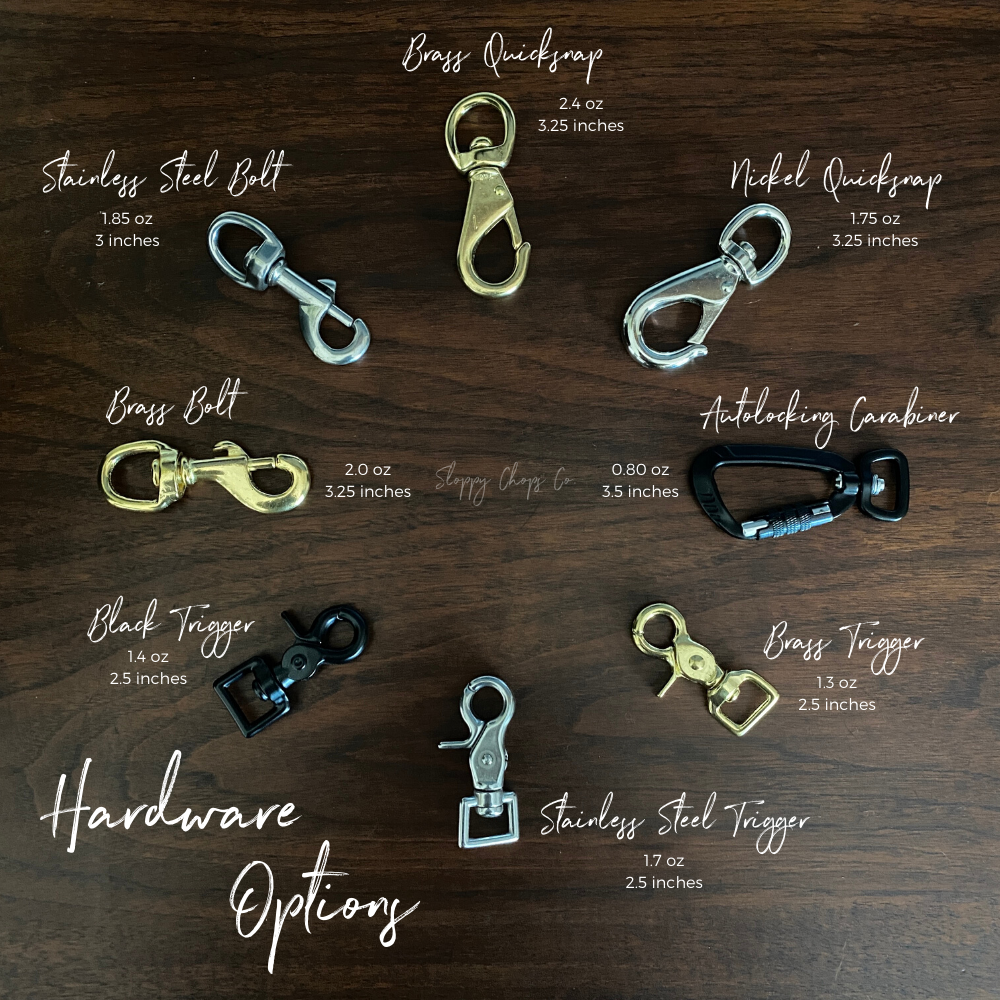

With the growing popularity of unique, online shopping venues for your pet, people are being given the opportunity to customize their animal's leashes and collars, and this includes choosing your own hardware. What is usually looked at as a fairly uncomplicated and aesthically-driven decision -- silver, gold or black? -- might deserve more consideration than you previously thought.
In Part One of this blog series, we will discuss the pros and cons of the most commonly seen metal types: stainless steel, brass, and plated hardware.
Stainless Steel
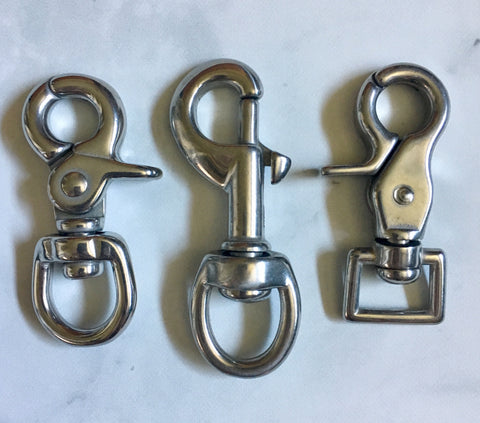
Stainless steel (SS) is silver in color and known for its strength, durability, resistance to rust, and low maintenance attributes. When compared to other metals and alloys, stainless steel is extremely resistant to corrosion and regarded as low maintenance.
The general perception is that stainless steel cannot ever rust, and that is simply not true. Stainless steel is highly resistant to rust. By properly caring for your hardware and choosing a shop that utilizes a quality grade of stainless steel, chances are rust will never be a problem.
There are different grades of stainless steel, the most common being 304 and 316. Grade 316 SS is considered marine grade and has the additional of molybdenum, which increases its resistance to chloride (found in salt water, chlorinated pools and de-icing salts) . We use grade 316 stainless steel here at Sloppy Chops Co., and that, combined with your Lifetime Guarantee, should provide you with a good deal of peace of mind.
Solid Brass
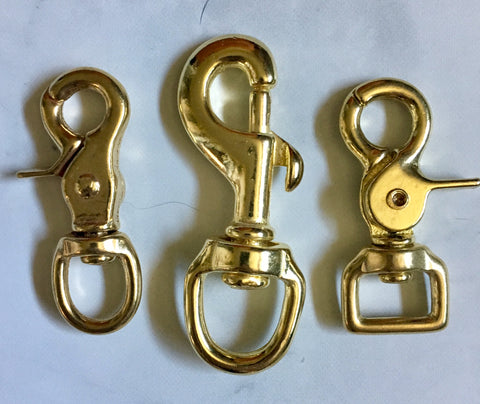
Brass hardware is gold in color and because of its composition -- a combination of copper and zinc -- it is impossible for brass to rust (fun fact: an alloy must contain iron in order to rust). Brass will, however, tarnish/patina/antique over time. This tarnish is a thin layer of corrosion that forms over the brass as the outermost layer undergoes a chemical reaction. It often appears as a dull gray or verdigris (bluish-green) film on top of metal.
Tarnish is a surface phenomenon that is self-limiting, unlike rust. Only the top few layers of the metal react, and the layer of tarnish seals and protects the underlying layers from reacting. If you would like to remove this tarnish, you can use several low-cost techniques to do so:
- Brass-o
- Lemon juice
- A combination of lemon juice and baking soda
- A combination of lemon juice and salt
Because of the unavoidable patina that forms on brass as it oxidizes, there are a few important things to be aware of, especially if you own a white dog. The tarnish that forms on brass can discolor your dog's white neck fur. This is most commonly seen from brass martingale chains or dog tags. It will wash off, but some owners do not care for the extra maintenance involved. The patina on brass can also cause some discoloration on light-colored biothane. This discoloration almost completely disappears with soap & water, but can be further lightened with the ol' lemon juice trick mentioned above. If you are obsessive about keeping your white dog or your dogs' gear pristine, keep this in mind when choosing your hardware.
Here at Sloppy Chops Co., we only use solid brass hardware. Much of hte brass hardware seen on pet products in simply brass-plated (see below), which will have a shorter lifespan than solid brass.
Plated Hardware
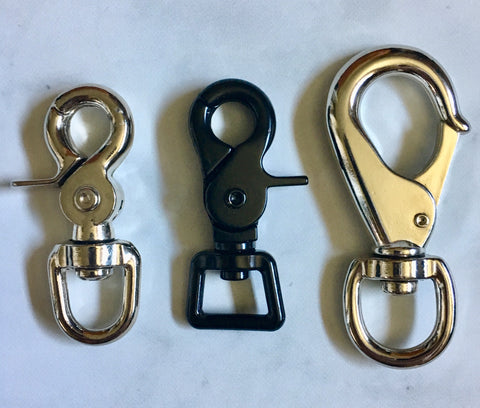
Plated hardware is extremely common in the dog industry. It is comprised of a base metal (usually steel, but sometimes brass) that has a thin plating of another metal laid on top of it. Common plating finishes include black oxide, nickel, brass, zinc, PVD, and "fancy" finishes, such as "antiqued" metals (such as copper, brass, nickel, etc.), neo-chrome, rose gold, etc.
Plated hardware will generally wear over time, likely revealing the underlying base metal. Plated hardware resists corrosion, but if the base metal is steel, it can be more apt to rust/corrode as the top layer is worn. A plated metal that overlays solid brass will likely hold up well over time, but it may be useful to know that the plating may still wear, revealing the underlying gold/brass color.
Autolocking Carabiners
Although our Autolocking Carabiners are technically a plated hardware, we have put them in a class of their own as the base metal is 7075 aviation grade aluminum. The aluminum is then powder-coated, and is highly corrosion resistant. Much like brass, aluminum does not contain iron and cannot rust in the traditional sense.
Our carabiners are lightweight, at only 0.80 ounces, but have a strong breaking strength of 400kg. Although our carabiners are lightweight, because of their size, the autolocking carabiners are not intended to be used on our Katmai collars or collars that are less than 3/4" width.
To properly care for your hardware:
- Rinse with freshwater after exposure to chlorine or salt water
- Don't use wire brushes or wool pads to clean your hardware
- Do not leave your dog gear outdoors in the rain
- Inspect your hardware regularly for signs of wear or fatigue
IN SUMMARY:
Stainless Steel
- Silver in color
- Strong
- Extremely durable
- Very resistant to rusting
- Low Maintenance
- Can discolor white/light-colored dog fur
- Gold in color
- Durable
- Cannot Rust, but will patina
- Potentially high maintenance
- Can discolor white/light-colored dog fur
- Can achieve a variety of unique finishes
- Potentially more apt to rust/corrode than stainless steel or solid brass depending on the base metal
- Lightweight
- Can discolor white/light-colored dog fur
Note that all hardware reviewed above has the possibility of affecting white/light-colored dog fur. This is most commonly seen with MARTINGALE CHAINS, and especially where the martingale is left on as a daily-wear collar.
An often recommended metal hardware alternative for white dogs is curogan. Curogan is generally used for martingale chains and is known to avoid discoloration of fair-haired dogs. Per curogan manufacturers, it is possible that some dogs (less than 10%) do still react on curogan with fur discoloration. Curogan is gold in color and will darken over time, but will not rust due to its lack of iron.
We do not currently stock Curogan hardware.
I hope this information was helpful to you, will assist you in choosing your next style of hardware, and maybe even taught you something new. If you have any additional questions on finding the best hardware for you and your dog's lifestyle, feel free to contact me. -- Laura
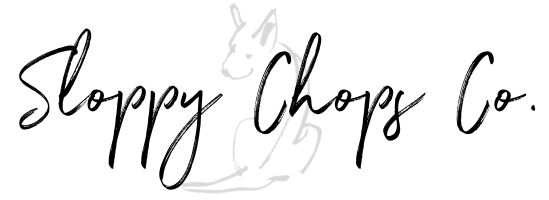



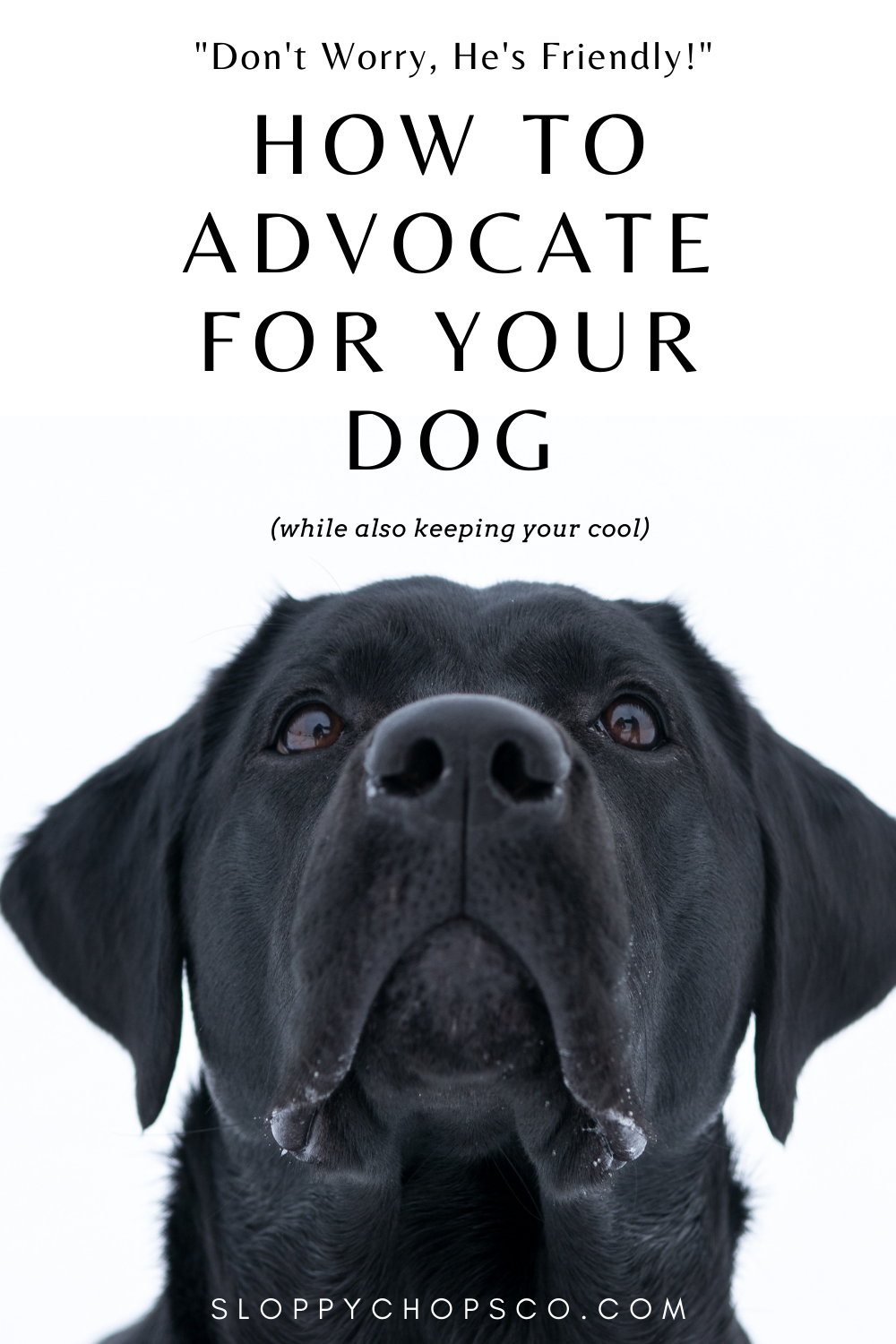
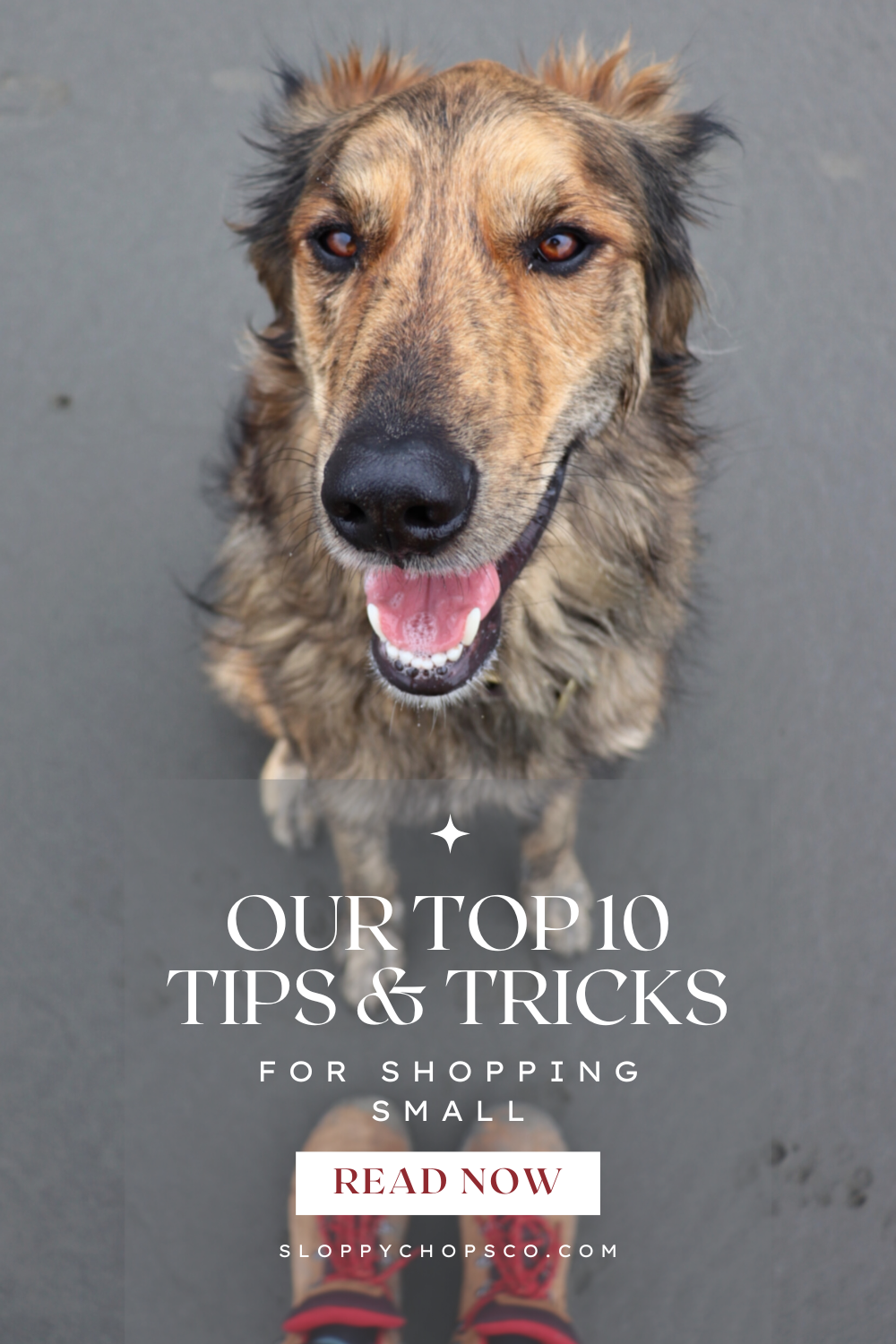
Comments